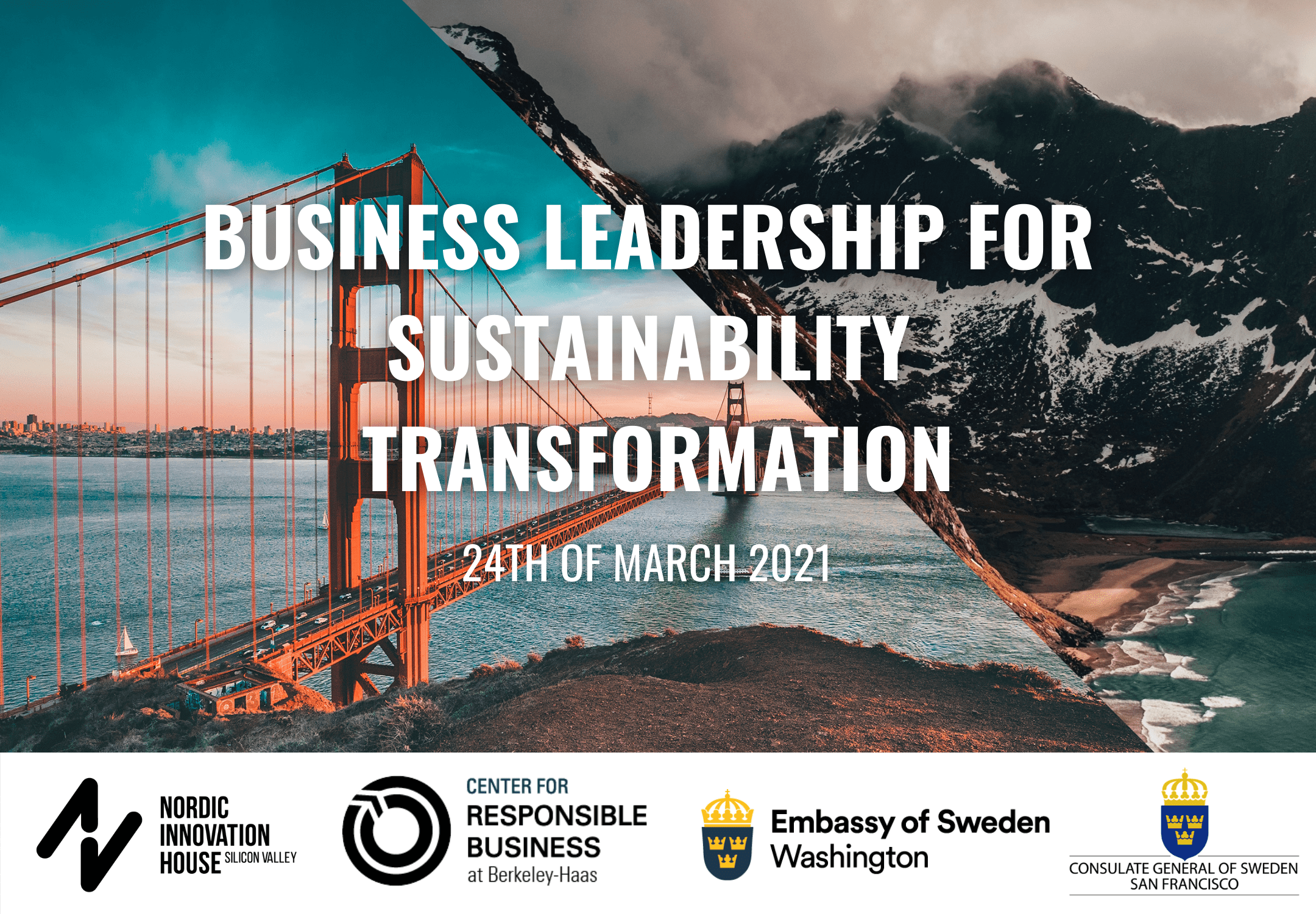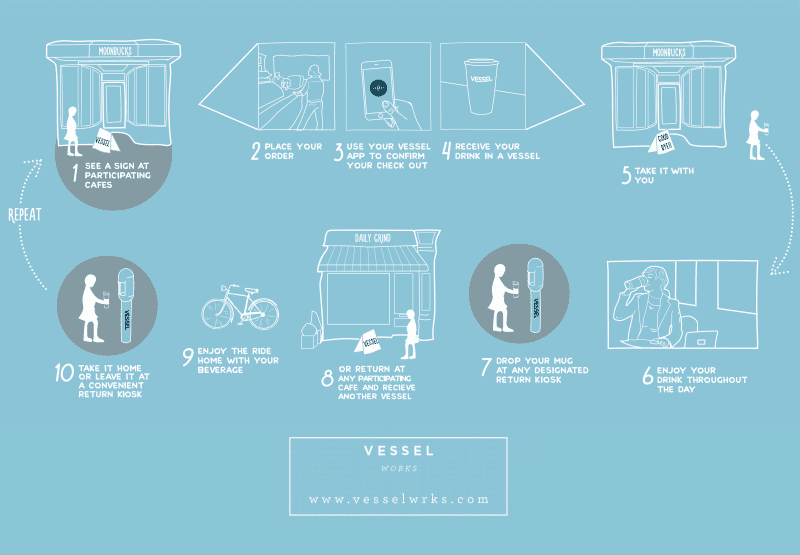The Rise of Collaboration: Lessons Learned During the 2013 ARCS Forum
By Serene Lau, Haas B.S. Business Administration & B.A. Public Health, 2011

“No man is an island,” wrote John Donne. Indeed, many things in life are interrelated, although this can be difficult to remember as we consume ourselves in one given field of study or line of work. As a former Berkeley student, I majored in both business and public health. Though I saw strong synergies within the two fields, the interdisciplinary aspects were not as apparent in my weekly coursework. Having a siloed-approach during one’s academic studies can often evolve into a siloed approach at work, as employees specialize in their own job niches. What was refreshing about the Alliance for Research on Corporate Sustainability (ARCS) Forum hosted at UC Berkeley recently, was that it brought together researchers, business leaders and educators from all over the world to explore business models for sustainability.
The Current State of Sustainable Development
The day began with the unveiling of the latest SustainAbility / GlobeScan survey , which took the pulse of sustainability experts from corporations, academia, government agencies, and nonprofits from over 60 countries. According to the survey results, the most important issue that needs to be addressed in sustainable development over the next 5 years is “ensuring access to adequate water supplies”, while “educating the population on climate change” fell to the very bottom. My passion for prevention (stemming from my public health background), kicked into gear when I learned that education was the least concerning. I believe that individual actions will be a big factor in affecting climate change, and the start of their “greener” everyday activities begins with simply knowing what they can change.
In another category, the survey showed that the national government is held to the highest accountability in leading a positive change in sustainability, while ironically, they are seen as the weakest sustainability leaders. Social entrepreneurs (no pressure, Lester Center for Entrepreneurship!) and the scientific community are held to the highest regard in terms of the ability to lead the sustainable development agenda over the next 20 years.
Despite pessimism of national governments’ ability to advance sustainability, the clear-cut message from this survey was that progress will require collaboration between different actors, including the government. This opening session set the stage for the “collaboration” theme throughout the day.
New Market-Based Approaches
The next session began with a quick primer on carbon markets. According to a Manager at New Forests Inc, strong carbon offset projects retain forest stock, but the market design of these projects remain a challenge. Political difficulty, setting the cap and price containment, and measuring green house gas abatement are the top challenges facing the industry. Moreover, possible areas for research include the use of comparative approaches, hybrid approaches (both tax and cap and trade), and isolating green house gas emission abatement from cap and trade versus confounding variables.
Professor David Zilberman of UC Berkeley also presented on the need to develop measurements of equivalence, political consensus, and stable policies. In continuing the day’s trend of the importance of collaboration, a vision for future approaches must compare environment markets to other markets in order to learn from inefficiencies.
A Breakthrough Collaboration: The Economics of Ecosystems
Finally, modeling the partnership concept in action were the last speakers for the evening, Neil Hawkins, Vice President of the Global EH&S and Sustainability at The Dow Chemical Company, and Glenn Prickett, Chief External Affairs Officer at The Nature Conservancy. These two organizations have created a prosperous partnership: Hawkins explained that Dow’s large land holdings and water use in its production allowed for a working relationship with The Nature Conservancy. Conservation has shifted from protecting land from people to protecting land for people; therefore, the collaboration between the two organizations is deemed a win-win proposition. Dow has turned to reforestation as a method of pollution abatement, which is actually more economical and beneficial to the broader community and wildlife. As the pilot collaboration projects show success, the next step will be to spread the lessons learned to other companies.
By the end of the day, it was clear that although there were many opinions in the room, collaboration between different sectors will be pivotal in meeting the steep business challenges that lie ahead for sustainability. Perhaps the Forum can be summarized by a simple quote I once read at San Francisco’s Academy of Sciences: “One day, people will realize the economy and the environment are one and the same.” The faster we realize this, the faster we can move to work together for a better tomorrow.


